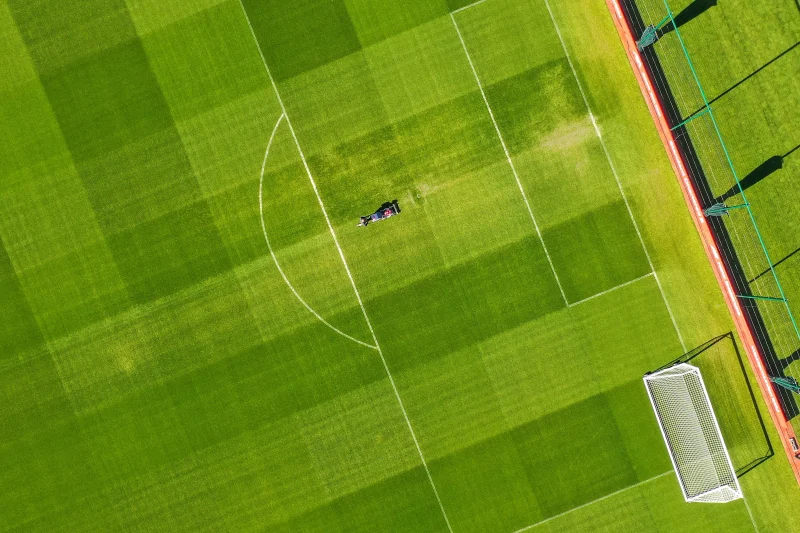How can we support goalkeepers as people, as well as players?
“They are incredibly intelligent and deep-feeling individuals who are very aware of the weight on their shoulders.”
Sue Parris is referring to goalkeepers – the playing position she finds she works with more frequently than any outfield position through her work as an emotional development and welfare specialist.
Player care is still a relatively new and developing entity in football and, although the definition of what it encompasses differs from club to club, Sue describes it as broadly falling into three categories.
These are logistics, incorporating transport, passports and national insurance, personal development, which ensures players receive education, training and professional development support, and welfare, covering safeguarding, mental and emotional health.
She moved into football from a teaching background, joining Brighton and Hove Albion in an educational welfare role that aimed to ensure young players received qualifications they could fall back on if their playing careers fell through – a position that evolved over time to cover a far wider remit.
“I’d worked with some quite challenging people in education, mainly young people, post-16, quite intelligent young people, who had been disenfranchised in the education system, so I had quite a good grounding in individual needs, in welfare, safeguarding and working with the individual.

“I’d also played football myself for 20 years and I was married to an ex-professional player, who had his own impact from that environment as well, so I was quite aware of the toxic culture of football.”
Sue also became a host parent to some of the young players coming through the system at Brighton and developed an interest in emotional health, which led to her creating a mental health strategy for the club and playing squad back in 2017.
“In that environment, you end up picking up on the emotional crisis and you can’t do the preventative work.
“It’s an egotistical, competitive, toxic, football culture, but it’s not spoken about - it’s ignored or dismissed.
Sue realised she needed to move outside of that environment to do something preventative to help those inside it, so she started up her own business in welfare and emotional development, in 2020.
Through this, she works one-to-one with elite athletes to provide a space where they can explore concerns and issues impacting on their day-to-day lives and professional performances, including their fears and worries, injuries, pressure, relationships, expectations and career transitions.
Earlier this year, Sue launched The Changing Room – an online space for professional footballers to hear the emotional journeys of their peers and become part of a supportive community.
Guest speakers so far have included Darren Bent, Steven Caulker, Marvin Sordell, Leon McKenzie and Jayson Molumby.
“I wanted to provide a forum within which players could feel validated and heard and show them they’re not the only one that feels the way they feel within that environment.
“The idea was to get relatively well-known pros in to talk about their emotional journeys.
“Not the accolades and successes and funny things that happened, but the real, gritty, heart-breaking – sometimes quite shocking and unbelievable – things that had and hadn’t happened to them.
“The rejection, isolation, loneliness, discomfort, the breakdowns of relationships with themselves.
“The amount of young men who don’t value themselves and can’t see their worth away from the pitch is astronomical.
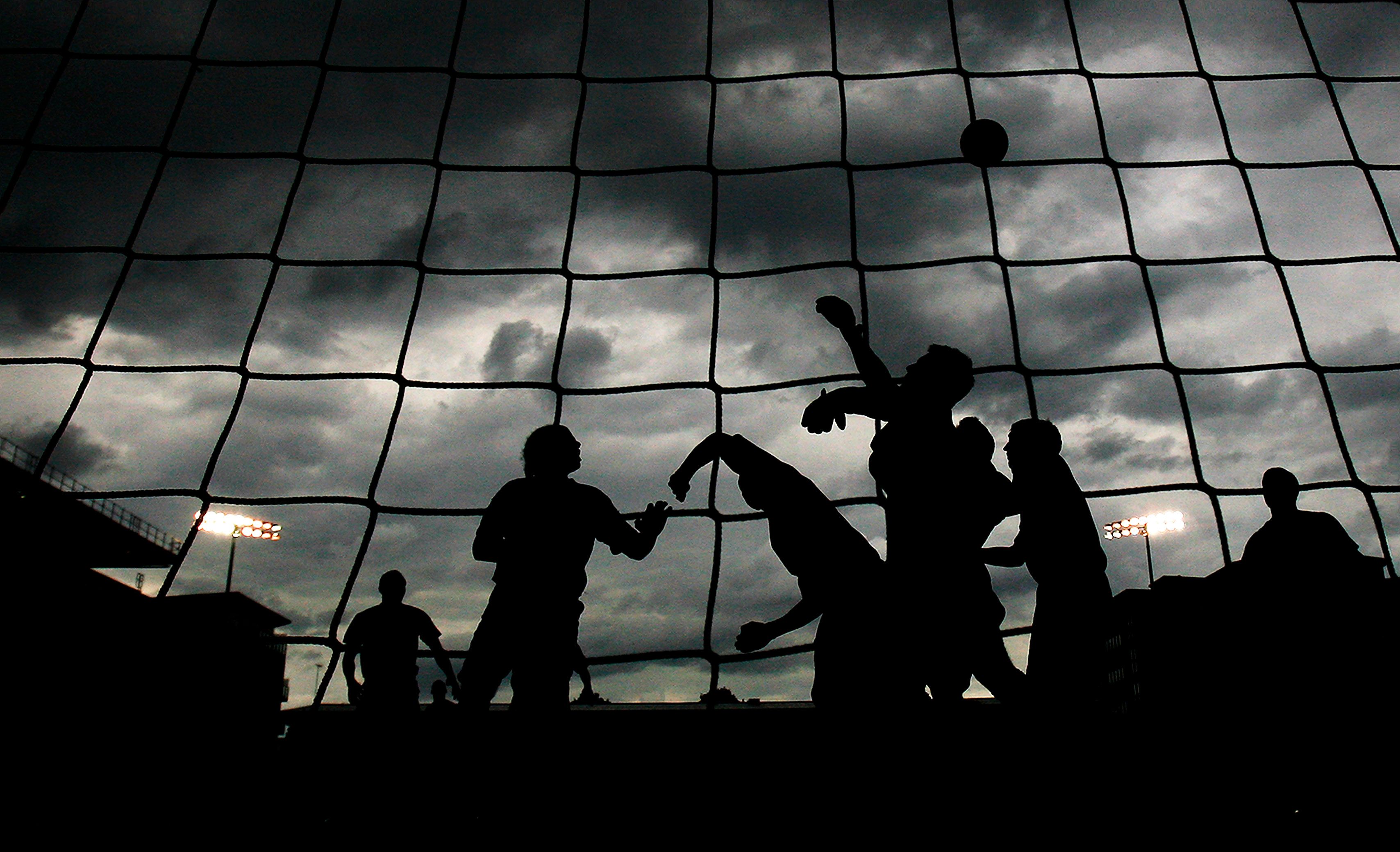
“I wanted other pros coming up and through to hear that – not for any other reason than for them to know they weren’t alone and, therefore, it would be okay to talk to someone else about feeling that way too.
“And to get some kind of empathy and compassion, that you don’t have to ‘man up’ or ‘grow a pair’ and it’s okay to be ‘soft’ and to cry and to feel sorry for yourself – all of that is completely valid and normal for a human being to feel.
“In that (the football) environment, that’s completely suppressed and ridiculed to the point of it sometimes being traumatic.”
Sue finds she works more regularly with goalkeepers than any other position.
“They’re far more open to their own personal development.
“They take far more responsibility for who they are and who they want to be because of their position, so they’re more aware of that need.
“They are aware there needs to be a peak performance aspect to their game beyond that of an outfield player and generally they’re very aware of that.
“Whether that’s good or bad depends on the individual, because they can become quite obsessive as well.”
Sue believes these are positional traits, rather than personality ones, that goalkeepers develop because of their playing responsibilities, the focus on them and the ways they are segregated from the wider team – including holding much of their training separately.
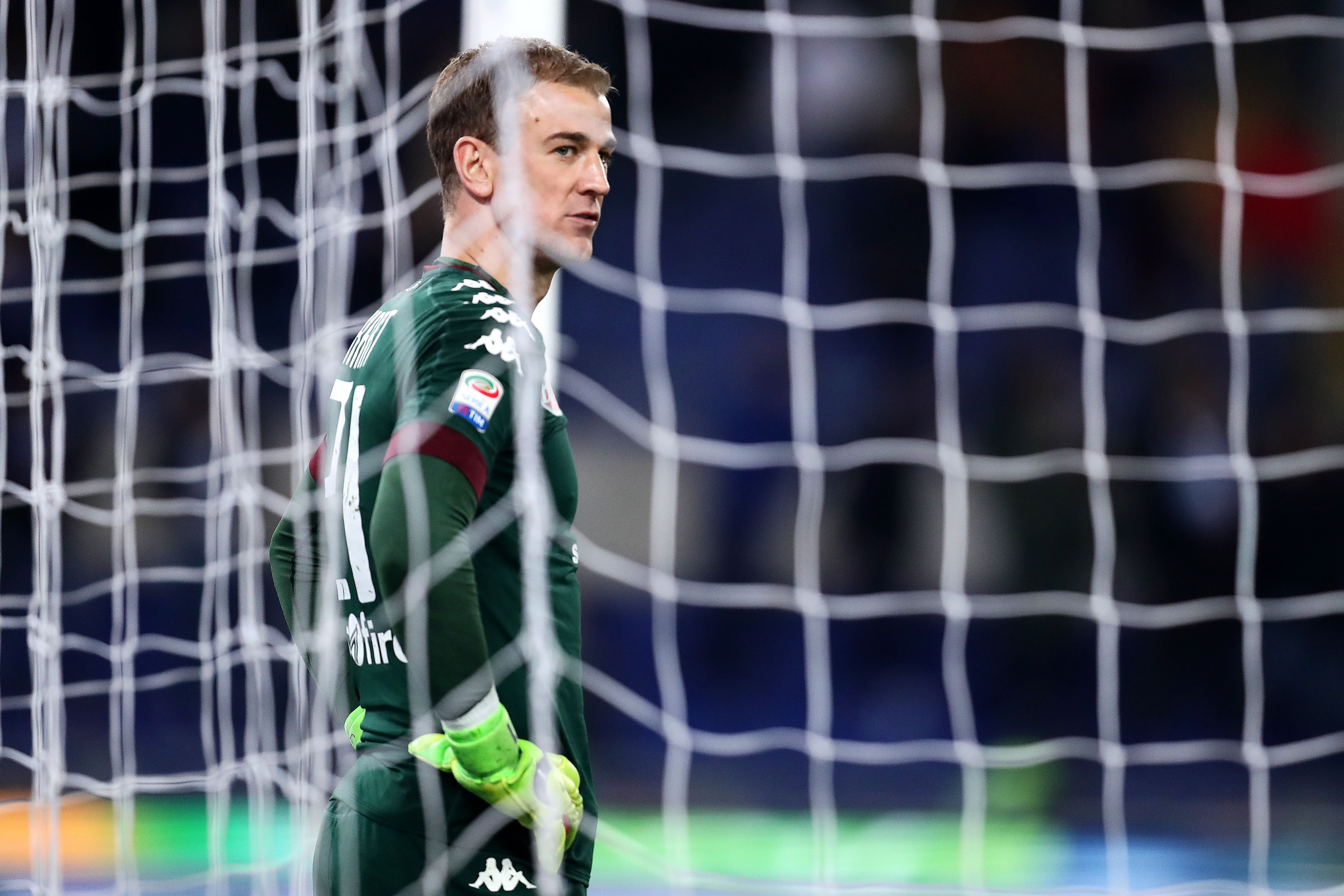
“Goalkeepers are isolated a lot of the time and if they’re not careful, they become very isolated in general as well.”
Sue often finds the goalkeepers she works with can be “risk takers” who have “something to prove all the time”, so they go out on a limb to do that.
“Anybody that gets to a decent level in football now in England is coming through an institutionalised system that has very narrow ideas about the type or person you need to be to ‘make it’.
"I hate that phrase, it’s so reductive and limiting and it’s almost putting the emphasis on ‘if you don’t end up playing pro football you’re a failure’, but you have to be a success to get into the process in the first place.
“So you’ve got these individuals who have come through a system that moulds almost their psyche into either this quite quirky, out there character, or a very quiet, very reserved, very introspective, almost non-emotional character on the outside within that environment.”
Although not every goalkeeper Sue has worked with has fitted into those categories, the vast majority have been geared towards either end of that spectrum.
“I find it fascinating with ‘keepers, because regardless of what end of the spectrum they gravitate to, they are incredibly intelligent and deep-feeling individuals who are very aware of the weight on their shoulders.
“And that needs a different type of support and understanding.”
Sue often finds goalkeepers more straightforward to work with than outfield players, because they come to her with a pre-existing self-awareness and a willingness to expand that.
“They’re very open to hearing an alternative perspective and hearing ideas but also they’re very curious, so the questions are brilliant, and they’re just really keen to be the best they can be.”
One aspect of the position Sue finds unique is how, unlike some outfield players who may be able to hide at times, goalkeepers can never get lost in the crowd.
“As a goalkeeper you can’t, you never can, and other people’s bad games can impact on your game, regardless of the game you’re having.
“I think there’s a lack of willingness to understand that about a goalkeeper, so they kind of carry the outfield players as well and they have a responsibility far beyond their position as the goalkeeper.”
She often sees goalkeepers with a willingness to offload and a gratitude for finding somewhere safe and confidential where they can be open and honest.
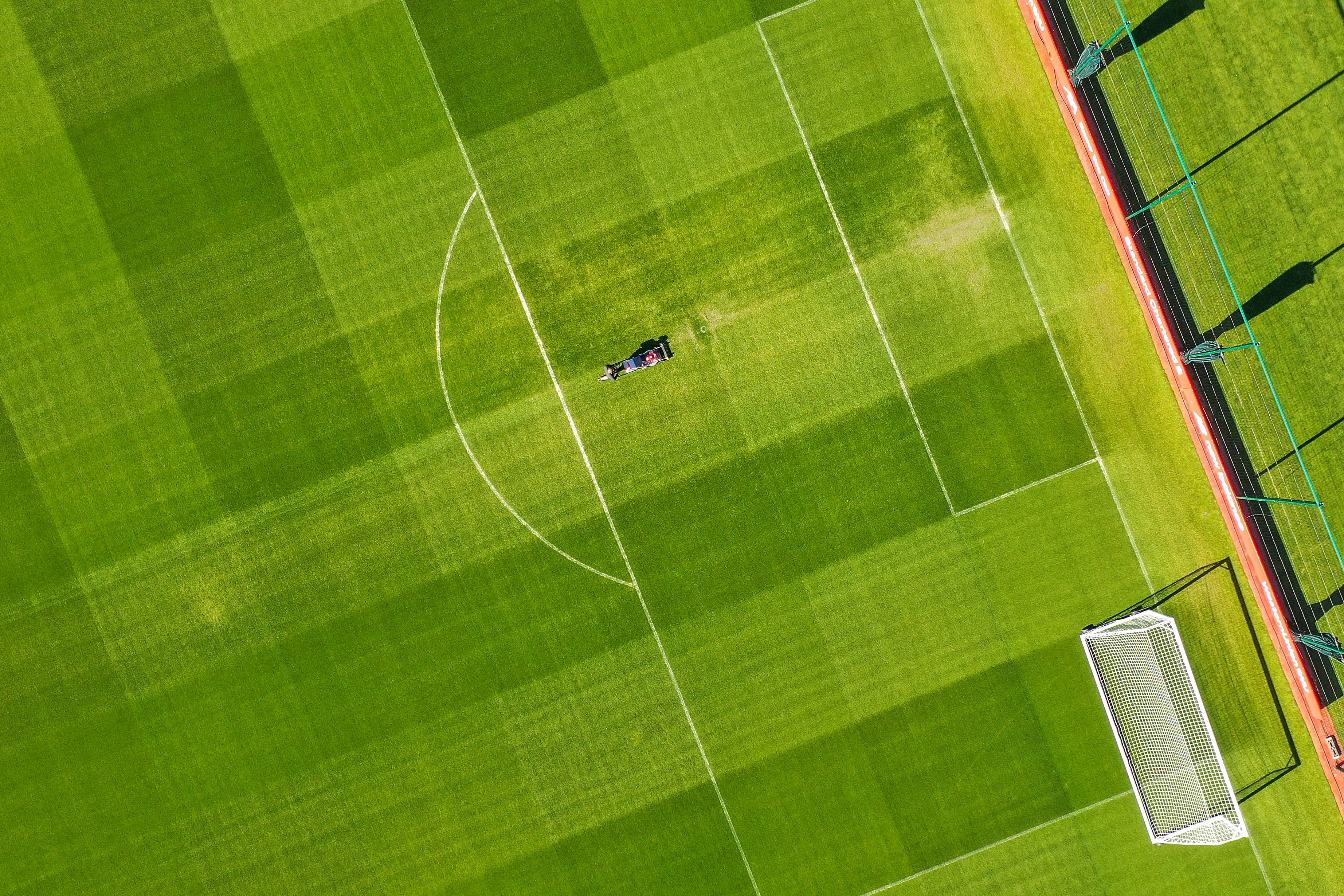
“It’s almost like a relief and it’s almost like ‘I finally have somewhere that I can just be truly honest and authentic’ and then they can walk away from that space feeling lighter – there’s a lightness that eventually comes and that shines through, through the humour you get.
“The longer you work with a goalkeeper, the more humorous it becomes and they feel heard.
“We all need to feel heard and I think goalkeepers, for me, are probably the least heard of the positions.”
Sue thinks other positions sometimes receive more understanding, for example a striker not scoring might be put down to a ‘dry patch’ or the expectations on defenders may be lowered if they are facing celebrated strikers.
“For goalkeepers, it doesn’t matter, because the buck stops with them regardless and it’s a position where they probably take away more replaying of their game.”
Sue worked with one goalkeeper whose perspective of a whole 24-hour period was dominated by one five-second mistake he had made in training.
When they picked the incident apart, he couldn’t believe he had allowed it to ruin the remainder of his training session, his evening and part of the following day, as he had been repeatedly replaying the mistake in his head – despite him admitting it was unlikely anyone else had even noticed what happened.
“For him, that was far more important than anything else that had happened to him that day, that evening, part of the next day, and when he broke it down, he was like ‘that’s ridiculous, I can’t believe I’ve done that’.
"And then you can use that as license to go ‘well why have you done that? Why does that look like that for you?
“So it’s about being able to pick up on things like that in order to show somebody how they are allowing their thoughts to control their life, and allowing their feelings to become overwhelming, when, relatively speaking, does that warrant the energy they are using?”
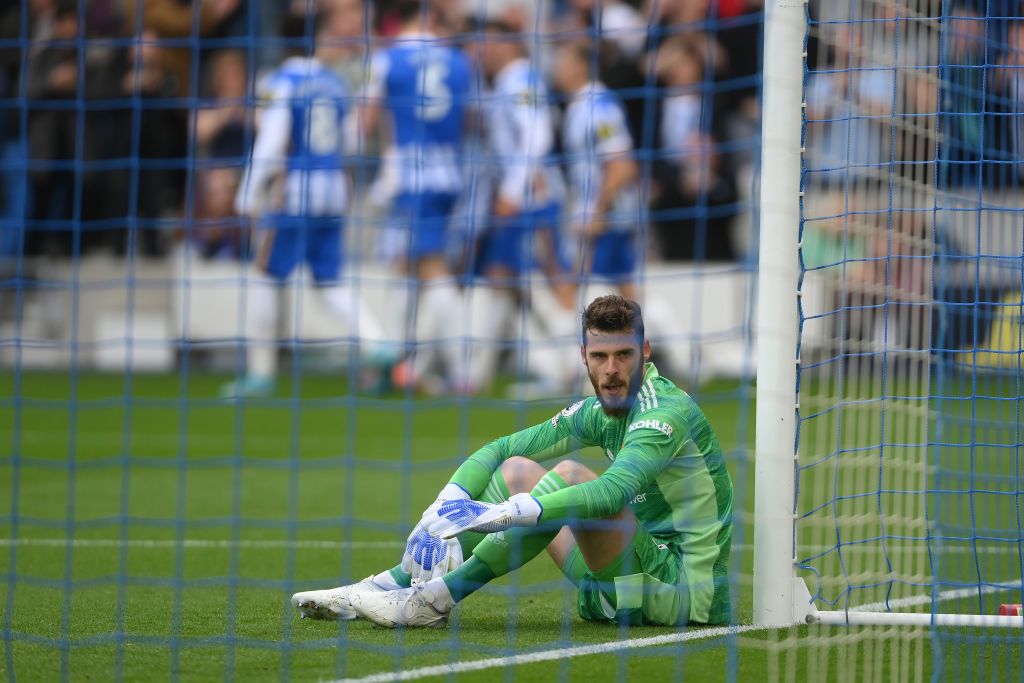
Understanding why that happens, according to Sue, forms the basis of the preventative work she believes is vital to enabling her clients to become more self-aware and to free their minds, so they can let go of expectations and outcomes and trust in themselves to perform at whatever level they are at.
Sue’s measure of how effective her work with a player has been doesn’t come from the pitch (although that is almost certainly an outcome). More so, in what they are able to bring to the confidential space she shares with them and the self-acceptance she sees grow – as she is supporting them as a person, rather than as a goalkeeper.
That could be through being honest about what they do and don’t like about being a goalkeeper, because sometimes they come to realise they don’t actually enjoy the job anymore, despite everyone around them thinking they are living out their dream of playing professional football, and that gives them a sense of freedom.
It could relate to the isolation they feel in the position – something Sue finds sometimes depends on how good a working relationship they have with their goalkeeping coach.
Or accepting what they are struggling with and why there is a lack of understanding from others in their lives.
“Most would say ‘people don’t understand the pressure I’m under’ – I get that more from goalkeepers than outfield players.
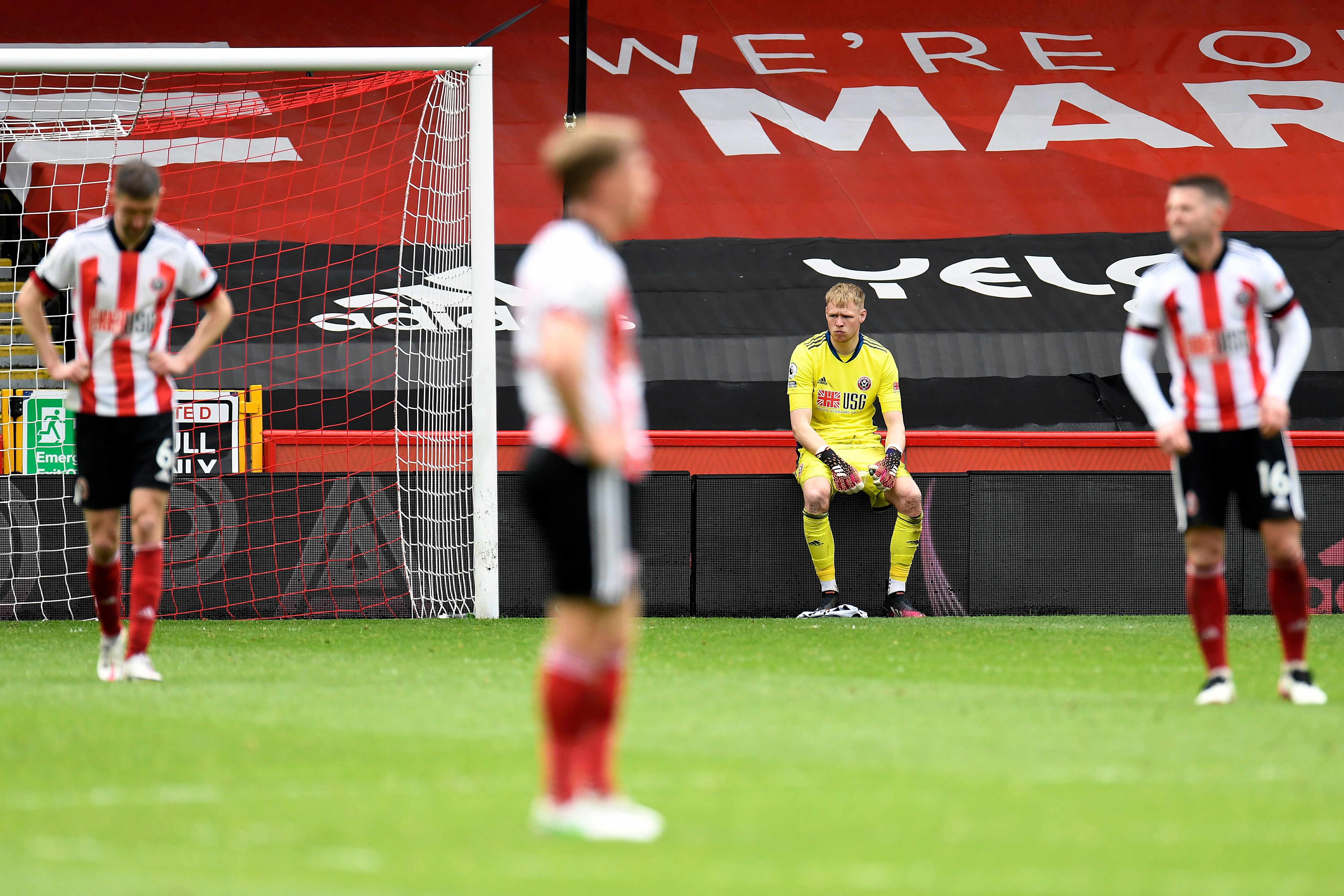
“They say ’people don’t get it’, but they don’t get it because goalkeepers are not allowed to express it, or they’re frightened that, once they start expressing, how it comes out is either going to be shocking or it’s going to not go down well.
“It’s almost a bit of a pressure cooker sometimes and then the danger is that they then withdraw and that’s where the darkness comes.
“I think with goalkeepers, they have more expectation on their shoulders so the pressure is greater, but it’s never spoken about within the group.”
The Changing Room is free for professional footballers to join here or by emailing [email protected] with any enquiries. You can find out more about Sue’s wider work here.
